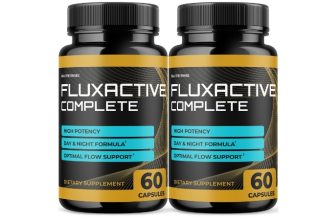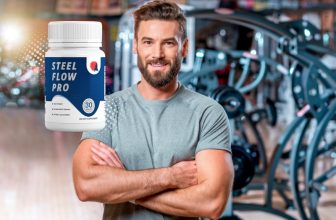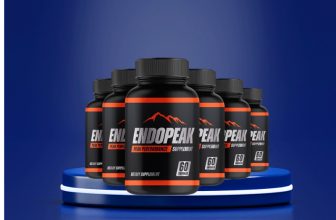Cure Erectile Dysfunction solutions and reviews.
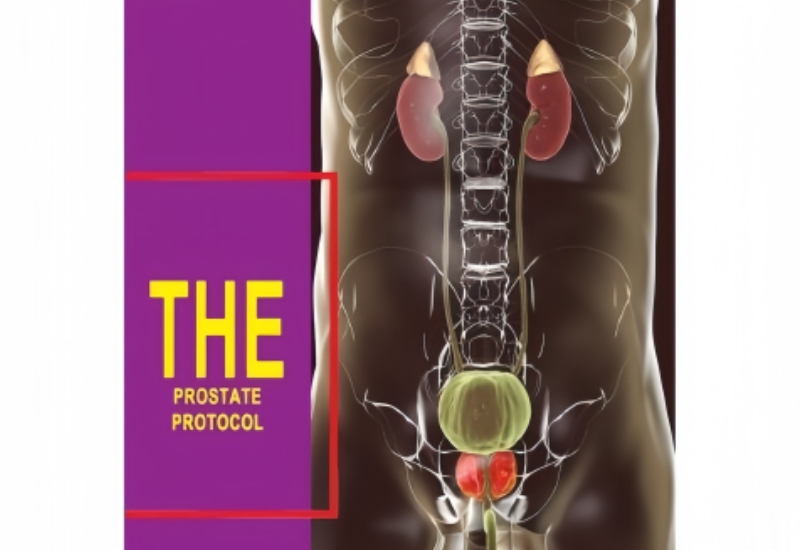
Prostate health is an important aspect of overall male well-being, yet it often remains misunderstood or overlooked until serious issues arise. This comprehensive guide aims to provide an in-depth understanding of prostate health, focusing on natural and holistic approaches to managing and preventing common problems such as Benign Prostatic Hyperplasia (BPH). By integrating science-backed strategies, we hope to empower men to take control of their health and improve their quality of life
Understanding Erectile Dysfunction
Erectile dysfunction occurs when a man is unable to achieve or sustain an erection that is firm enough for sexual activity. It is a common condition, particularly as men age, but it can affect men of all ages. ED can be caused by physical factors such as cardiovascular disease, diabetes, hormonal imbalances, neurological disorders, and lifestyle factors like stress, smoking, and excessive alcohol consumption. Psychological causes such as anxiety, depression, and relationship issues can also contribute to ED.
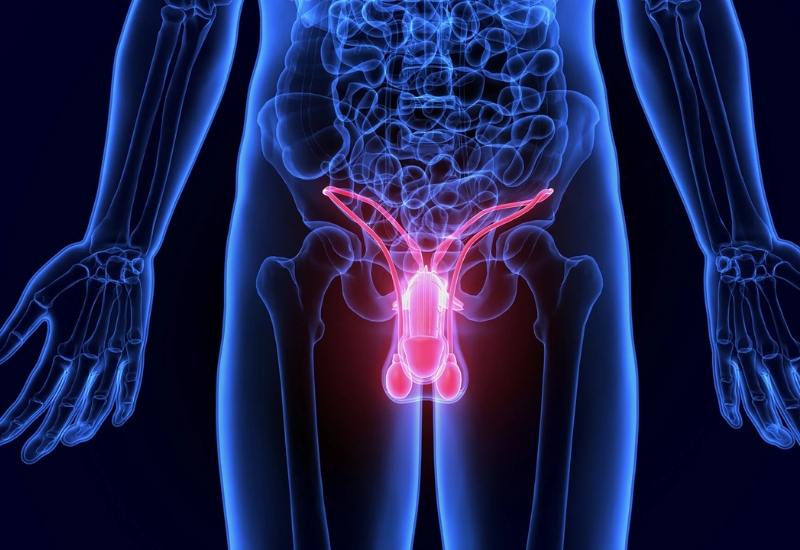
The condition is often categorized as either primary or secondary. Primary ED occurs when a man has never been able to achieve an erection, while secondary ED develops after a period of normal sexual function. Additionally, ED can be classified as either situational (occurring under specific circumstances) or chronic (persistent and long-term).
Given the wide variety of causes, treatment for ED should be tailored to each individual, focusing on addressing the root cause of the problem. While prescription medications like sildenafil (Viagra) and tadalafil (Cialis) are often the first line of treatment, there are many alternative approaches, including lifestyle changes, therapy, and natural remedies.
Natural Solutions for Erectile Dysfunction
While traditional treatments can be effective for many men, they are not always the best choice for everyone. Some men may prefer to try natural or alternative solutions that focus on lifestyle changes, diet, and mental well-being. Below are some natural remedies that have gained popularity in recent years for their potential to help manage and even cure erectile dysfunction.
1. Diet and Nutrition
Nutrition plays a vital role in sexual health. A well-balanced diet that supports cardiovascular health, hormone levels, and overall well-being can improve erectile function. Some dietary strategies that may help include:
- Diets Rich in Antioxidants: Foods such as fruits, vegetables, and whole grains, which are high in antioxidants, help protect the blood vessels and improve blood flow to the penis. Berries, dark chocolate, and leafy greens are excellent examples of foods that support erectile health.
- Healthy Fats and Omega-3 Fatty Acids: Omega-3 fatty acids found in fatty fish (like salmon, mackerel, and sardines) and plant sources such as flaxseeds and walnuts help reduce inflammation and improve circulation.
- Avoiding Processed Foods and Sugars: Diets high in processed foods, refined sugars, and unhealthy fats can contribute to obesity, diabetes, and cardiovascular disease—all of which are linked to erectile dysfunction.
Specific nutrients that have been shown to help manage ED include zinc, magnesium, and L-arginine, an amino acid that improves blood flow.
2. Herbal Supplements
Several herbal remedies have been traditionally used to treat erectile dysfunction. While more research is needed, some herbs have shown promise in improving erectile function:
- Ginseng (Panax Ginseng): Often referred to as the “herbal Viagra,” ginseng is believed to improve sexual function by enhancing blood flow and reducing fatigue. Several studies suggest that ginseng may be effective in improving erectile function.
- Horny Goat Weed (Epimedium): This herb has been used in traditional Chinese medicine for centuries as an aphrodisiac. It is thought to work by increasing levels of nitric oxide, which relaxes blood vessels and improves blood flow to the penis.
- Maca Root: A Peruvian herb, maca root has been shown to increase libido and improve sexual performance in some studies, although its effects on ED are less clear.
Before using any herbal supplements, it’s important to consult a healthcare provider to ensure they are safe and do not interfere with other medications.
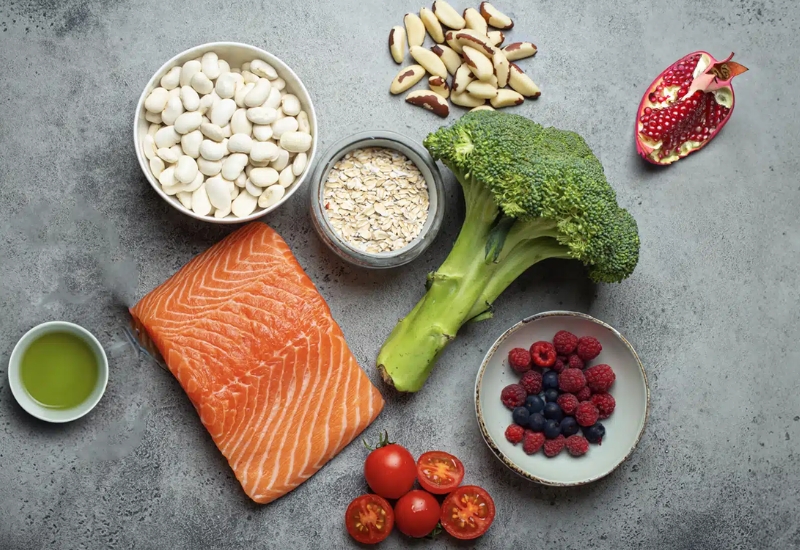
3. Exercise and Physical Activity
Regular physical activity is one of the most effective ways to improve erectile function. Exercise helps improve cardiovascular health, increase blood flow, and reduce stress—all of which can contribute to better sexual health. Activities such as:
- Aerobic Exercise: Regular cardiovascular exercise such as walking, swimming, or cycling can help improve circulation and blood flow to the penis.
- Strength Training: Building muscle mass through weightlifting or bodyweight exercises may help regulate testosterone levels, which can improve erectile function.
- Kegel Exercises: These exercises strengthen the pelvic floor muscles, which play a key role in erectile function. Strengthening these muscles can improve the ability to maintain an erection.
4. Psychological Therapy and Stress Reduction
As psychological factors play a significant role in erectile dysfunction, addressing mental health concerns is critical in treating ED. Therapy and stress-reduction techniques can help men manage anxiety, depression, and relationship issues that may contribute to ED.
- Cognitive Behavioral Therapy (CBT): CBT can help men identify negative thought patterns related to sexual performance and replace them with healthier, more positive beliefs.
- Mindfulness Meditation: Mindfulness helps reduce stress and anxiety, allowing individuals to focus on the present moment and reduce performance pressure.
- Couples Therapy: If relationship issues are contributing to ED, couples therapy may be beneficial in improving communication and intimacy between partners.
5. Acupuncture
Acupuncture, a traditional Chinese medicine technique that involves inserting fine needles into specific points on the body, has been studied for its potential benefits in treating ED. Some research suggests that acupuncture can improve blood flow, reduce stress, and regulate hormone levels, all of which may contribute to improved erectile function.
Nutrition for Healthy Prostate Receptors
A major component of The Prostate Protocol is the emphasis on nutrition specifically designed to strengthen prostate receptors. This involves consuming foods that support hormonal balance and avoiding those that damage prostate receptors. Davis analyzed over 500 different food types and ingredients to determine which are beneficial and which are detrimental to prostate health.
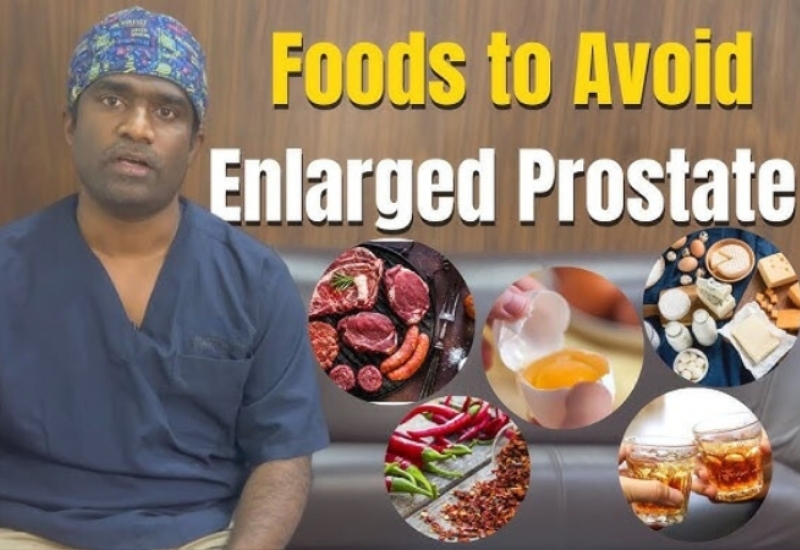
Foods That Support Prostate Health
- Cruciferous Vegetables: Vegetables like broccoli, cauliflower, and Brussels sprouts are rich in compounds known as sulforaphanes, which help detoxify the body and support hormone balance. These compounds have been shown to reduce the risk of prostate cancer and support the health of prostate receptors.
- Tomatoes: Rich in lycopene, an antioxidant that has been found to support prostate health, tomatoes can help reduce oxidative stress and inflammation in the prostate.
- Pumpkin Seeds: These seeds are an excellent source of zinc, which is crucial for hormone production and prostate function. Zinc helps regulate testosterone levels and supports the immune system.
- Fatty Fish: Omega-3 fatty acids found in fish like salmon, mackerel, and sardines have anti-inflammatory properties that can help reduce prostate swelling and promote healthy receptor function.
- Green Tea: Rich in polyphenols, green tea has anti-inflammatory and antioxidant properties that may help in preventing prostate enlargement and supporting overall prostate health.
Foods to Avoid
While some foods are known to support prostate health, others can have the opposite effect, damaging prostate receptors and contributing to enlargement. Among these are processed foods, sugary beverages, and foods high in unhealthy fats. One particular food that Scott Davis emphasizes avoiding is soy-based products, which are often touted as healthy but may contain phytoestrogens that disrupt hormone balance in men and adversely affect prostate receptors.
Lifestyle Modifications for Prostate Health
In addition to diet, lifestyle factors play a significant role in prostate health. A sedentary lifestyle is a major risk factor for BPH, as it contributes to weight gain and hormonal imbalances. Exercise, particularly aerobic activities like walking, swimming, or cycling, can help maintain a healthy weight and improve hormone levels.
Stress management is another important aspect of maintaining prostate health. Chronic stress can lead to elevated levels of cortisol, which in turn can negatively impact testosterone levels and contribute to prostate growth. Techniques such as meditation, deep breathing exercises, and yoga can help manage stress and promote hormonal balance.
Conclusion

The prostate is crucial for male health, and its well-being impacts overall quality of life. Unlike conventional treatments that manage symptoms, natural approaches like The Prostate Protocol address underlying causes for a sustainable solution. By focusing on hormones, diet, and a healthy lifestyle, Scott Davis promotes simple dietary and lifestyle changes to improve prostate health. Starting small and staying consistent can lead to significant improvements in well-being. The choice is yours: take action now for a healthy prostate, better sleep, fewer worries, and greater freedom.



